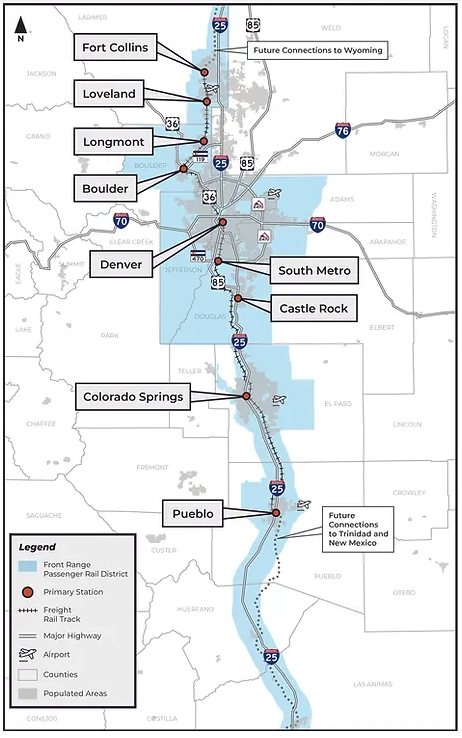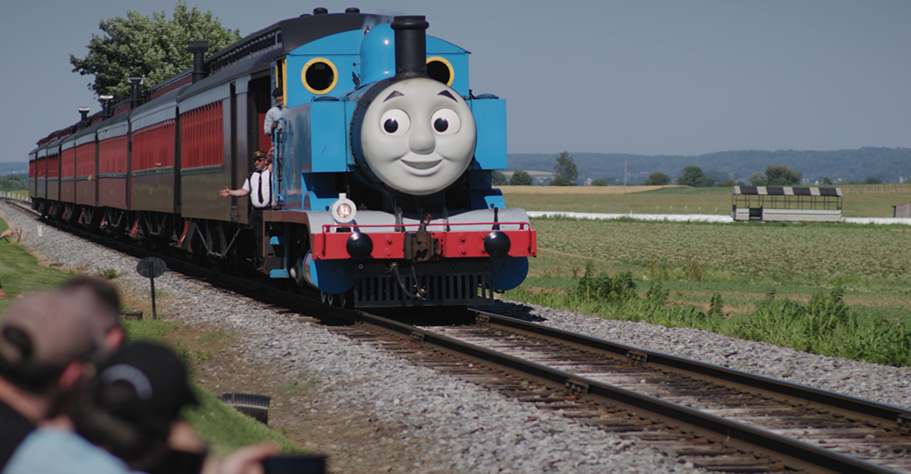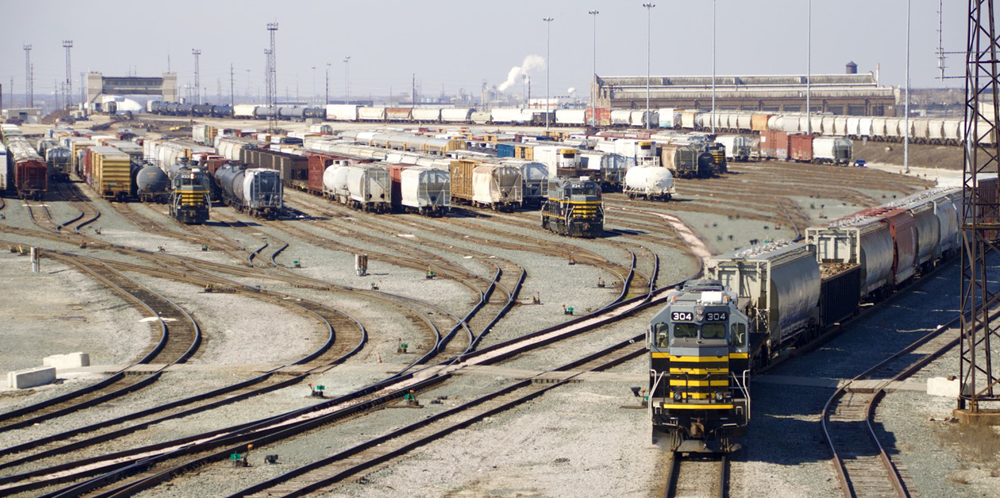ALBANY, Ore. — The Oregon House of Representatives has passed a bill to increase the state’s readiness for oil-train derailments, years after neighboring states passed similar legislation, the Oregonian reports.
The bill allows the state to charge up to $20 on each oil tank car entering or loaded in the state, plus a small fee on railroads’ gross operating revenues in the state. The fees, expected to raise about $500,000 per year, would go into effect Jan. 1, 2020. The money will fund work by the state fire marshal’s office and Department of Environmental Quality. It also requires railroads to show they have insurance sufficient to pay for oil-spill cleanup.
The state Senate must still act on the legislation.














William,
I’m surprised. I still recall the long lines at the state store before New Year’s and other events in the state of Pennsylvania. That was in the 1950s.
Ohio once had a similar system. Maybe they still do. When my dad, who was then living in Ohio, visited me in Illinois, he always “stocked up” on his favorite gin, since it was readily available in most supermarkets, at much lower, market driven, prices.
The state store is usually a political plum by someone who contributes generously to whatever party is in power.
What can happen to a tax, fee or whatever government claims the money is for.
“The “temporary” tax was enacted in 1936 to help victims of the Johnstown flood. In the years immediately following prohibition, it was a 10 percent tax on liquor designed to help a community rebuild, according to a report published by the Pennsylvania Treasury.
Today, that tax is still around, now usually called the “state liquor tax.” It’s now 18 percent and charged on liquor sold in state-run stores, the only way to buy liquor in Pennsylvania.”
https://www.ydr.com/story/news/2017/04/12/pas-18-hidden-tax-supposed-temporary-1936/100343742/
The list is long.
The “Spanish-American War Tax” was passed in 1896 to pay for the war effort. It was a temporary 3% tax on long distance phone calls.
It carried on long after the war was over and covered beepers, fax machines, cell phones and any other device that required a phone number.
It was finally repealed in 2006. 110 years!!
http://www.taxhistory.org/thp/readings.nsf/ArtWeb/557559440437EDBC8525718B005ACCCB?OpenDocument
If stands still, tax it.
If it moves, hit with a license and whatever other fees you can think of.
States cannot regulate interstate commerce. Otherwise you would have states imposing taxes and fees for anything: night moves, horn blowing, highway crossing blockages, too slow train, too fast trains. I would also add, that did this include highway moves of petroleum products as well? I have always been more alarmed at risk of highway gasoline tankers creating infernos. But I am just one guy….
The question is: Is this fee legal under federal law?
In my opinion this is a good idea on the surface BUT only if the fund is inviolate and to be used only for this purpose. Requiring the carriers to have insurance also helps.
Hopefully the terms of use include returning the affected are to pre-accident conditions, not simply a surface wipedown. I have seen inadequate oil spill remediation efforts before.
The above comments are generic in nature and do not form the basis for an attorney/client relationship. They do not constitute legal advice. I am not your attorney. Find your own damn lawyer.
Anna Harding said
“In my opinion this is a good idea on the surface BUT only if the fund is inviolate and to be used only for this purpose. Requiring the carriers to have insurance also helps.
Hopefully the terms of use include returning the affected are to pre-accident conditions, not simply a surface wipedown. I have seen inadequate oil spill remediation efforts before.”
Will pipelines receive the same treatment? If this is the case then all midstream needs to be charged a fee, and no.. This is not a good idea.. These states are going to lose more then they believe they will gain from such non sense legislation.
Back in the late 1960’s they tried to ban the passage of nuclear materials via rail or truck through certain jurisdictions. They all failed.
The issue of raising the funds to pay for first responder training is between the rail entity, the government body and its insurance company.
Am I going to tax Boeing or Airbus because their planes “might” crash and first responders need to be trained? I would be taxing every plane that flies over me, its unworkable.
What is silly about this, is that the tax doesn’t provide anything for rail safety, its all about post accident activities, and this is usually the territory of insurance companies.
If they want funding, the legislature should be going after the insurance companies that underwrite the railroads and require some form of mandatory coverage for the client to operate and compensate the state for any costs. They already regulate personal and commercial insurance markets, so this wouldn’t be any different.
Will the railroads fight this in court if it does become law?
Alaska has seen a disturbingly large number of fuel tanker truck spills in recent years. My understanding is that the cleanup costs have skyrocketed ($1 million or more for a single “small” event). One such accident had a fatality this spring. I am unaware of any fuel spill on the Alaska Railroad in the last decade or longer (though there was a close call his winter when a wheel broke and a tank car derailed).
Andrew, I ask the same questions. Are these rules applied to the trucking industry? Truck tankers are obvious. But people would be surprised (or scared to death) if they knew what was being transported in some of those trailers. Not sure if this is still the rule, but if some hazardous products that are transported below a certain level or amount, the trailer doesn’t need to be placarded. One last point. Railroad locos need to be Tier 4. Do truck tractors also need to operate at a certain environmental level order by the Fed Gov?
States certainly have the power to tax. Insurance won’t be a problem for BNSF or UP. An small shortline?
This will not get past the courts—guaranteed.